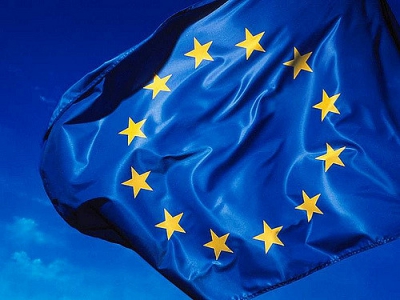Following the Blockchain Conference and Expo held in the European Parliament, its Committee on Economic and Monetary Affairs (ECON) has voted against hasty regulatory steps regarding the blockchain technology.
The idea of avoiding pre-emptive regulation was part of the report on virtual currencies made by German MEP Jakob von Weizsäcker. Such measures may turn out to be harmful, claims the politician, because the blockchain technology is still at an early stage of development.
“One reason why regulating now in detail would be difficult is that we don't know yet what the most important use of blockchain might be,” von Weizsaecker told Reuters.
In the meantime, the MEP suggests monitoring “to avoid stifling innovation.” But in the future regulative steps, too, will be necessary. The document contains a recommendation to create a task force focused on the distributed ledger technology that in the future would offer legislative bodies expertise on technological and regulatory issues both on the European level and within member countries.
“IT innovations can spread very rapidly and become systemic. That's why we call on the Commission to establish a taskforce to actively monitor how the technology evolves and to make timely proposals for specific regulation if, and when, the need arises,” said the politician as quoted on the website of the European Digital Currency & Blockchain Technology Forum (EDCAB).
ECON voted to adopt the report by 54 votes to 1 (with 2 abstentions). The document will now be considered at the Parliament’s plenary meeting in May.
A conference and expo focused on virtual currencies and the blockchain technology took place in the European Parliament from 18 to 21 April. The event was organised by the Cobden Centre educational charity together with EDCAB. The conference was non-commercial and was held for an educational purpose, that is familiarising MEPs with the development of crypto-technologies. The event was hosted by Syed Kamall, who has the right to organise an exhibition within the Parliament as a chairman of one of the parliamentary fractions (namely, the European Conservatives and Reformists Group).
The conference is very timely, claims Steve Baker, UK Member of Parliament and founder of the Cobden Centre. It is now when the destructive outcomes of financial policy worldwide are becoming more and more evident, that the society needs a free market currency, he said. And such a currency is created by means of the crypto-technology.
The event was attended by blockchain industry leaders, as well as representatives of such organisations as the World Bank, IMF, Bank for International Settlements, OECD, European Securities and Markets Authority and Europol.
Roundtables were held during the conference, covering such important topics as trusting distributed ledgers or virtual currency regulation. Many MEPs actively participated in the conference and expressed their interest in the future development of crypto-technologies.
Generally, regulators and industry representatives that met at the conference share the opinion that Europe needs innovation and expressed an intention to work together, reads a recent EDCAB article. In particular, during the discussion of crypto-technology regulation, MEP Ashley Fox urged to be cautious in regards to blockchain.
“There is a consensus in the Parliament, that policymakers should be careful not to regulate the technology out of existence,” he said.
Andrew Levich

















